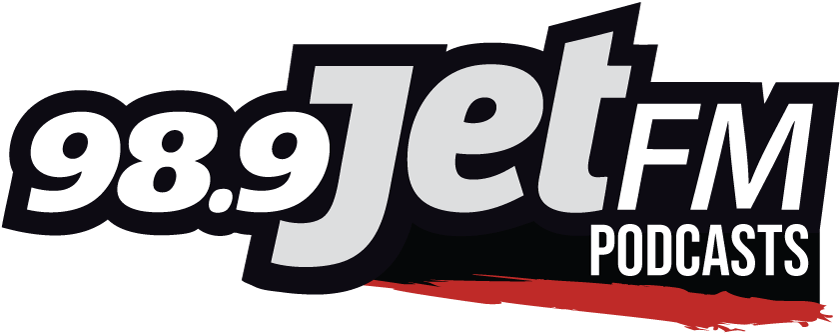COURTENAY, B.C. – With the legalization of recreational marijuana roughly two months away, the director of a medicinal cannabis clinic in Courtenay hopes to educate the public.
“I want to clear up some the miscommunication or misunderstanding about how things are happening in the coming months, particularly when recreational cannabis becomes legal,” said Denise Ropp of GrowWise Health.
There is a “distinct difference” between medicinal and recreational pot, according to Ropp.
“Right now, medicinal cannabis is legal through the process and the route that we actually use, which is referral by a physician or by themselves to our clinic, (and then) we hook people up with licensed producers,” Ropp explained.
She added that licensed producers then supply the product to the person via post.
The recreational cannabis that will become legal in Canada on Oct. 17 “is a completely different product,” said Ropp.
“The products that are offered through the medicinal route will not be offered through the recreational route,” she said. “There will be new brands, there will be new products that speak specifically to the recreational market.”
Ropp said the recreational market will specifically focus on the content of THC, a chemical compound that is responsible for the way your brain and body respond to cannabis, including the high and intoxication.
“In the medicinal side of things, while we do use a significant amount of THC, we also use it in conjunction with CBD or CBD-dominant products,” she noted.
According to the CBD Project, CBD (Cannabidiol) is a cannabis compound that has significant medical benefits, but does not make people feel “stoned” and can actually counteract the psychoactivity of THC.
Looking ahead to Oct. 17, Ropp believes legalizing recreational marijuana will decrease the stigma of using the product, for both recreational and medicinal purposes.
“We will have the opportunity to help more people just because… there are (fewer) restrictions and maybe (they will be) a little bit more serious about what the medicinal side might actually be. So they might feel a little more comfortable in reaching out to either a physician or to us directly and getting an appointment.”
Ropp said once the stigma is erased, more people may explore the possibility of using medicinal cannabis to help with pain relief and other ailments.
The process of acquiring medicinal cannabis through GrowWise will remain status quo on and after Oct. 17. A patient will still need either a doctor’s referral medical documentation providing information about their medical need.
“That is not changing,” Ropp said. “Part of that is because medicinal cannabis does already receive tax benefits. People can write it off on their taxes as a medicinal product that they require.”
Third-party companies will only pay if the medicinal cannabis is required through this particular route.
Ropp also pointed out that the federal government is considering removing any taxation on medicinal cannabis.





